
Officials say it's time for the Great Firewall of China to ease up on censorship
The Great Firewall of China is famed for the restrictions it places on what Chinese citizens can access online. If a site provides access to news from the west, conflicts with state propaganda, or criticizes China or its ruling Communist party in any way, it is blocked. But some officials are now suggesting that it's time things changed.
The impetus is not a sudden softening of the political agenda, but a suggestion from the leading advisory body the Chinese People’s Political Consultative Conference that censorship is damaging China's progress in terms of the economy and science.

Google has a moral obligation to hide offensive autocomplete search suggestions
If a query becomes popular enough on Google, it will show up as an autocomplete suggestion after you type the first words. For instance, if you write "what's my" one of the things that Google will propose is "what's my IP". That's to help you find what you are looking for more quickly. But there's a dark side to it: if left alone, it can expose you to some pretty offensive searches.
Case in point is "are Jews evil", which my colleague Mark Wilson wrote about earlier. Yes, a high enough number of users searched for those exact terms that it showed up as an autocomplete suggestion -- until Google decided to do something about it. Mark strongly believes that's wrong, but his arguments are childish. Why? Well, because if Google does nothing, your young children can also see "how to rape a woman" or "how to murder your mother" as autocomplete suggestions after writing "how to" in Google, just because some people wanted to make those queries popular. Think about it, and I mean really think about it, and let me know if that's something you would like to see happen. Could you live with it if, for instance, your easily influenced six year old stabs someone, as a result? Scary thought, isn't it?

Google is wrong, wrong, wrong to remove 'are Jews evil' from search autocomplete suggestions
Over the last few days there has been much wailing and gnashing of teeth over the discovery that if you type "are Jews" into Google, one of the suggested searches is "are Jews evil". The same is true for the search "are women" and "are Muslims" ("bad" being the suggestion in the third instance). Or at least it was the case.
Following cries of anti-Semitism, the search giant folded like a moist tissue and remove the "offensive" suggestion. Clearly Google is able to do -- by and large -- whatever the hell it wants... but that doesn’t make it right. And the removal of the "are Jews evil" suggestion is not only wrong, but also worrying and dangerous. If you disagree you can let off steam in the comments and cast a vote in the poll, but hear me out first.

The UK government's latest deluded idea: 'banning' underage sexting on social media
When the UK government is not busy looking for ways to invade internet users' privacy, it's looking for ways to restrict what they are able to do online -- particularly when it comes to things of a sexual nature.
The health secretary Jeremy Hunt has made calls for technology companies and social media to do more to tackle the problems of cyberbullying, online intimidation and -- rather specifically -- under-18-year-olds texting sexually explicit images. Of course, he doesn't have the slightest idea about how to go about tackling these problems, but he has expressed his concern so that, in conjunction with passing this buck to tech companies, should be enough, right?
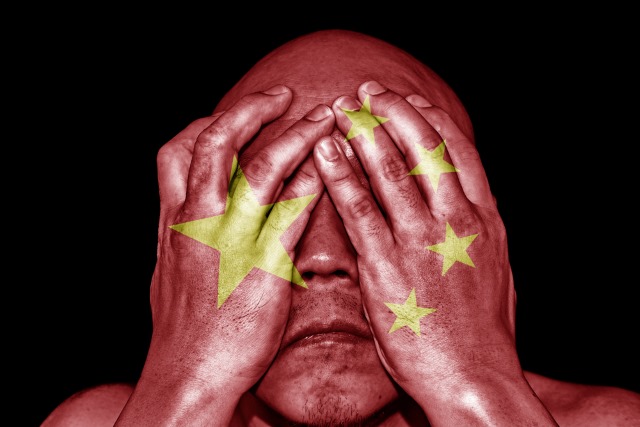
Facebook is ready to censor posts in China -- should users around the world be worried?
Facebook's relationship with China has a tense and turbulent history. The social network is currently banned in China, and this clearly takes a huge chunk out of Facebook's ad revenue. In a bid to keep Chinese authorities happy, Mark Zuckerberg has been involved in the creation of software that can be used to monitor and censor posts made by users.
In terms of playing by China's rules, this is clearly great news for Facebook, and it opens up the possibility of the social network operating in the country. While there is the slight silver lining that Facebook's censorship tool does not amount to a full blackout (as the Guardian puts it: "The posts themselves will not be suppressed, only their visibility"), the new program does raise a very important question: if Facebook is willing and able to create such a censorship tool for China, what’s to stop it doing the same for other markets, or even for its own benefit?

No kinky online sex, please -- we're British!
The UK government's relationship with the web is something of a checkered one. Keen to pander to the fear of concerned hand-wringers, we've seen torrent sites blocked and there are plans afoot to censor porn sites that do not implement 'effective' age checks.
Now there is a chance that UK web users will be denied access to websites that portray "non-conventional sexual acts" in the latest act of censorship by the government. A bill currently being considered would apply the same restrictions to online pornography that currently apply offline.

Could alt-right account bans spell the end of Twitter?
Abuse and trolling has been a serious problem for Twitter for some time and continues to be so. Various measures have been introduced to help with the issues, but now the site is going down a more drastic route, banning prominent alt-right accounts.
This is not something that is entirely new; earlier in the year Breitbart's Milo Yiannopoulos (also known as @Nero) was permanently banned from Twitter. In the wake of Donald Trump's astonishing rise to presidency, the alt-right movement has enjoyed a major boost. The question is, does Twitter risk cutting off too many of its users if it continues its alt-right cull?
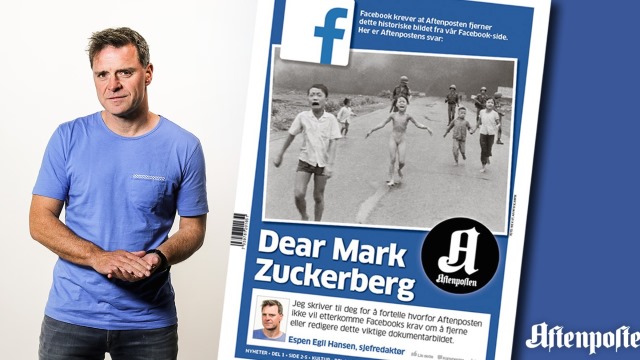
Critics lambast Mark Zuckerberg after Facebook censors iconic image of Vietnam war for nudity [Update -- Facebook backs down]
The photograph taken by Nick Ut showing Kim Phúc (sometimes referred to a 'napalm girl') fleeing a napalm attack is one of the most iconic images of the Vietnam war. It's a picture that's seared into the memory of anyone who has seen it, and the Pulitzer prize-winning photograph is often held up as an anti-war image.
But Facebook sees things differently. The company saw fit to censor the image by deleting a post by a Norwegian writer who used the photo. The writer, Tom Egeland, was also suspended from the site. Facebook stands accused of abusing its position as "the world's most powerful editor" in a scathing attack by the editor-in-chief and CEO of Norway's largest newspaper, Aftenposten. Today Espen Egil Hansen uses a front page editorial to launch a blistering diatribe against Mark Zuckerberg.
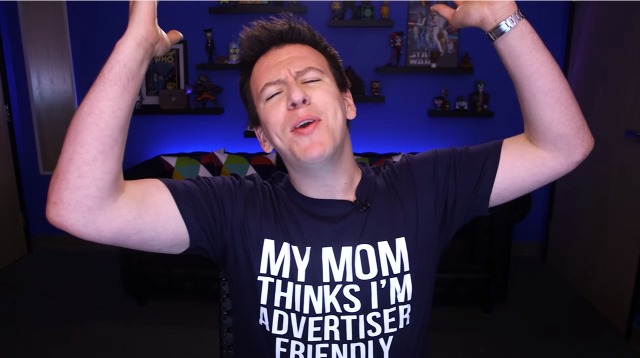
YouTube tells Philip DeFranco it hasn't changed its policy on demonetizing videos
There has been much wailing and gnashing of teeth from YouTubers in recent days as rumors started to circulate that YouTube was demonetizing videos deemed not "advertiser friendly". Seasoned 'Tuber Philip DeFranco was one of the more high-profile to speak out, likening YouTube's actions to "censoring" people by hitting them in the wallet.
But YouTube has responded to these claims by saying that its policy on video monetization has not changed at all. While YouTubers have just started to complain that video about depression, videos with swearing, videos with controversial subject matter, and so on are being denied the opportunity to make money from ads, YouTube says the only thing that has changed is the way users are notified. DeFranco says this is "very concerning" and reveals that YouTube has clearly been secretly demonetizing videos for a while.

Twitter has terminated 235,000 terrorist accounts in just six months
Twitter continues its drive to clean itself up, purging unwanted content and users from the service. Today the company announces that in the last six months it has closed down 235,000 accounts relating to extremism.
It's part of the company's plans to scrub as many accounts from existence as possible that push "violent threats and the promotion of terrorism". With the recent spate of terrorist attacks around the world, Twitter's resolve has been hardened.

No, Facebook wasn't deliberately censoring Wikileaks' #DNCLeak emails
Julian Assange promised to deliver a cache of emails that would harm 'liberal war hawk' Hillary Clinton and her presidential campaign. Living up to Assange's promise, Wikileaks delivered the goods.
It wasn't long before controversy struck, but this was not because of the content of the emails. The communication between US Democratic Party committee members was shared on Facebook but it didn't take long for the content to be blocked, leading to accusations of censorship.
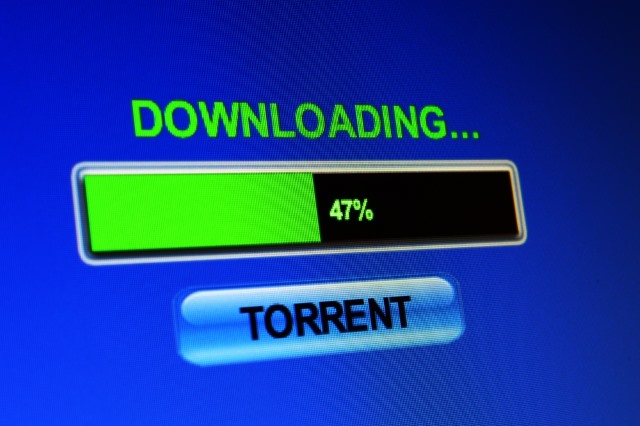
Google and Bing have no obligation to censor searches for torrents
The High Court of Paris has ruled that Google and Bing do not have to have automatic filters in place to scrub torrent-related results from searches. The battle against piracy is something that search engines have found themselves pulled into, but this latest ruling turns the debate on its head.
French music industry group SNEP went to court on behalf of a trio of artists, requesting that Microsoft and Google automatically filter out links to pirated material. The group had called for a complete block on searches that include the word 'torrent' as well as blocking sites whose name includes the word.

PostGhost, the Twitter verified user tweet archive, is killed by cease and desist order
PostGhost, the website that describes itself as "an archive of public tweets deleted by politicians, celebrities, and other public figures" has been shut down by Twitter. The website was told that its display of deleted tweets was a violation of the Developer Agreement and Policy.
The site was a relative newcomer, having only been active for less than a week. Political tweets archive Politwoops almost met a similar fate, but the distinction with PostGhost is that it was only concerned with tweets from verified users with 10,000 followers or more -- a group that includes politicians, writers, singers, and other celebrities (major and minor).

Facebook explains live video censorship policies after live-streaming a fatal shooting
It was only a matter of time before Facebook's decision to open up live video to everyone was going to result in controversy. Sure enough, earlier this week, the social network became the medium through which the shooting dead of Philando Castile by a police officer was shared with the world. The graphic video quickly became notorious, but then vanished temporarily.
There were suggestions that Facebook was censoring the footage, but the company said that a technical glitch was to blame. But whether the video was censored, collapsed under the weight of traffic, or did succumb to a problem, the killing of Philando Castile on Facebook Live raises many questions about how the platform is used, and Facebook has responded to the incident with an explanation about its censorship policies.
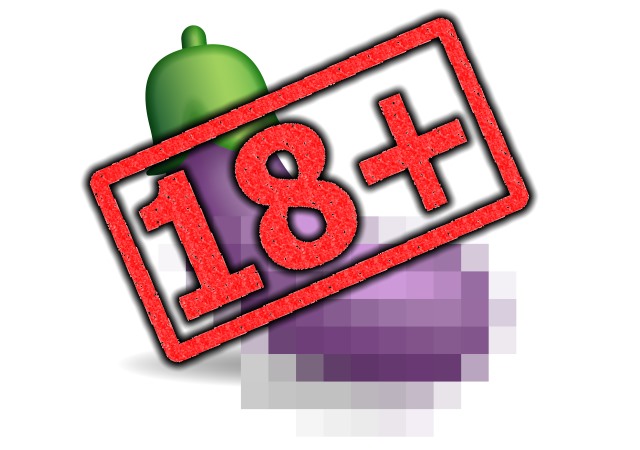
UK ISP Sky is about to start censoring the web for all of its customers
The UK government is on a mission to protect the young of the country from the dark recesses of the web. And by the darker recesses, what is really meant is porn. The main ISPs have long been required to block access to known piracy sites, but porn is also a concern -- for politicians, at least.
As part of its bid to sanitize and censor the web, Sky -- from the Murdoch stables -- is, as of today, enabling adult content filtering by default for all new customers: Sky Broadband Shield. The company wants to "help families protect their children from inappropriate content", and in a previous experiment discovered -- unsurprisingly -- that content filtering was used by more people if it was automatically enabled.
